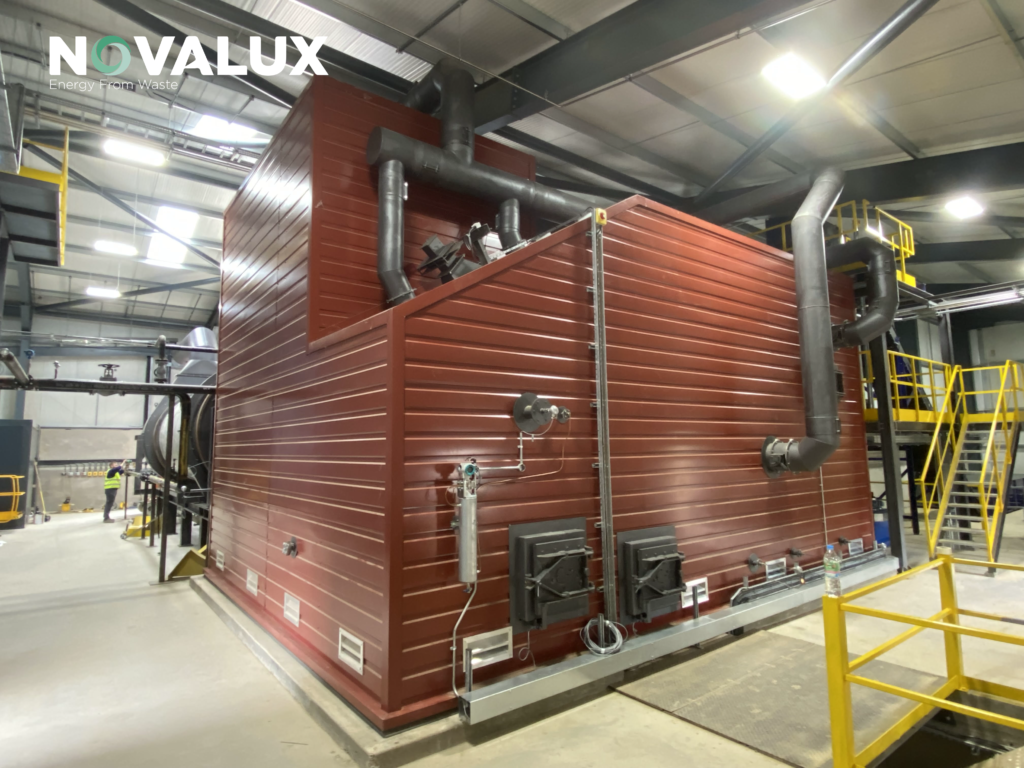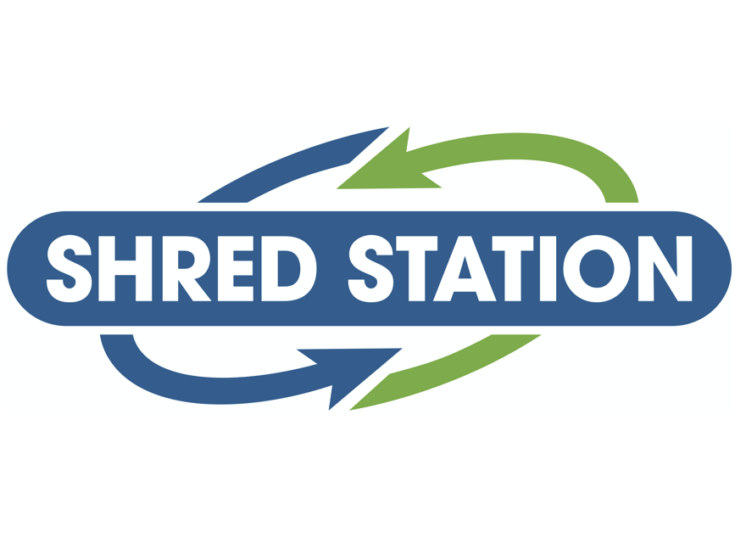RDF as a by-product of manufactured goods has traditionally been seen as an end of life product which needs to be replaced with recyclable materials. Although we want to respect the hierarchy of materials and reuse and recycle where we can, RDF is actually a valuable resource which when used as fuel to generate heat and power, can help us to cut down on fossil fuel use and provide long-term fuel security. Novalux Energy, installers of distributed waste to energy systems is keen to address this idea. Joe Allcott, Managing Director, states that:
The incineration of waste has previously been seen as something to avoid, but by using state of the art abatement and filtration systems to cut down on emissions, we can use RDF as fuel and provide a solution to both the waste and energy problem.
To use RDF as fuel, businesses will need an RDF boiler with abatement and scrubbing with Selective Catalyctic NOX Reduction (SCR) alongside an Organic Rankine Cycle (ORC) to produce power. The combination of this technology allows a gate fee to be charged for the RDF whilst income can be made from selling excess energy back to the grid through a Power Purchase Agreement, generating solid financial benefits for the owner.
As installers of renewable heat and power systems Novalux Energy are able to address the different demands of each business, including; more process heat for manufacturing, space heat on site, or income from selling excess energy produced back to the grid. Whether for a business firing 12,000 tonnes of RDF per year to 200,000 tonnes, each system is designed bespoke to suit annual tonnage, heat and electricity demands, and fuel type.
Despite steam and thermal oil boilers being suitable for fuelling with RDF, the best contender for smaller scale recycling sites is thermal oil which allows cheaper EPC and plant costs due to being able achieve high temperatures at low pressure. As pressure is directly related to cost of systems, this is a great option for most businesses. To get a budget estimate on an RDF boiler and ORC for your site, email jallcott@novauxenergy.com or click here to find out more.







